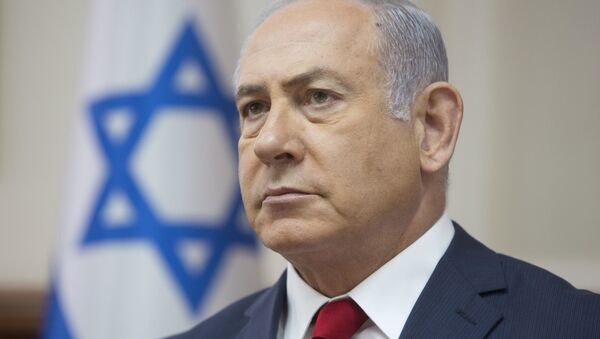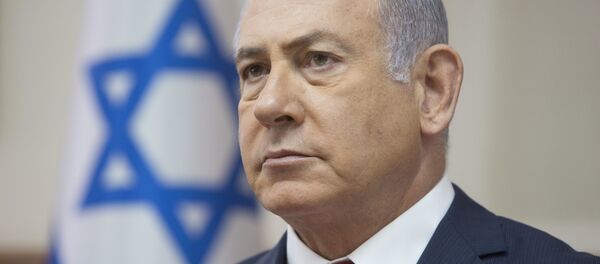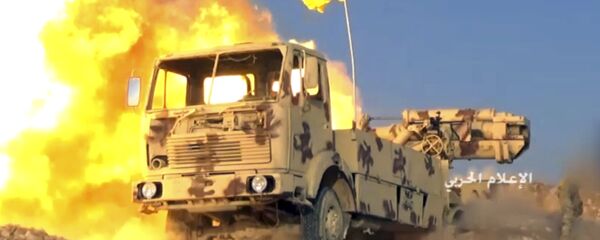Sputnik: The protests in Israel have already been compared to the "yellow vest" ones in Paris, France is that a justified comparison do you believe?
Dr Kobi Michael: First of all, I think that we have to distinguish between the two protests that we have currently in Israel. The first one is the protest that you've just mentioned about the "yellow vests", which is a protest with economic and societal dimensions; and the other protest is the protest of the settlers and the Israelis that live in the West Bank, which is a protest with a security dimension.
With regard to the first one, I think that there is an inspiration from the French protest. But it is a unique protest in the Israeli context and as far as I understand it is only in the first beginning of its appearance and I think that we still have to wait and see if it's going to be something which is close to similar to the very broad protest that we witnessed seven years ago.
Dr Kobi Michael: It is first of all frustration. Yes, it is dissatisfaction with the leader, with Benjamin Netanyahu. But all the protests know that they have no other alternatives in their right. This is the alternative they have in their right. These protests are not going to consider an alternative from the centre or from the left. So eventually they are going to remain with the same leader, but they have some demands from this leader and they think that this leader should be much more strict with regard to security measures in the West Bank, but it is mainly a frustration because it was a very harsh and hard week.
READ MORE: Croatia Denies Reports of Blocked F-16 Deal, Says Israel's $500M Sale a Go
Sputnik: What's your feeling regarding these protestations then? Do you foresee this just being another spike or does it have the capacity to extend itself and run over several days and weeks to really keep pressure on the government now?
But I think that Israel and the IDF, in particular, are doing all the possible efforts only to contain the situation. Israel has to react, Israel has to look for those who actually operated (carried out) the terror attacks. We're talking about the Hamas infrastructure in Ramallah area, Ramallah district, and I think that eventually the IDF is pretty experienced in order to do it in the right way. And I think that we will continue to differentiate between the general population, which is not involved in terror attacks and the terror infrastructure and the terrorists themselves.
Sputnik: We know Benjamin Netanyahu has been under intense pressure the last month or so starting with the resignation of the defence minister, he stepped into his shoes as well temporarily, lots of pressure in terms of the relationship with other Middle East countries and also the fact that I think Qatar has been funding the Palestinians as well, there's a lot of unhappiness, unrest. How can this further impact his position?
Dr Kobi Michael: Mr Netanyahu has worked very hard in the last decade and even more than that in order to stage himself, to portray himself as "Mr Security". Now he's full "Mr Security". He's not only prime minister, he's also the defence minister, and he's also the minister of foreign affairs. So he has no one to share the responsibility with. He's fully responsible and it might have a political price, we cannot ignore it.
This is something that I think Mr Netanyahu takes into consideration, but eventually I think that it will not affect dramatically his political status and as long as it will be contained. And if there will be no escalation, and we have to remember that we are now, I mean the state of Israel is fully occupied simultaneously in three forms. I mean the Gaza Strip, in the West Bank, and in South Lebanon.
The views expressed in this article are those of the speaker and do not necessarily reflect those of Sputnik.




